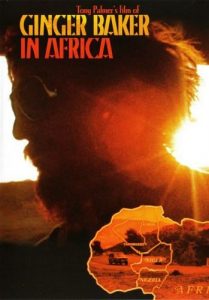
The former Cream drummer travels to Nigeria to build a recording studio. Read More »
Documentary
Sogobi (2002) James Benning
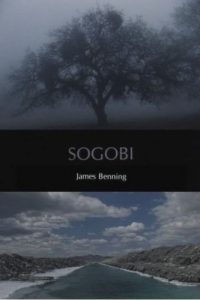
Many films by this master of landscape cinema are cinematic studies of specific landscapes Read More »
El Valley Centro (1999) James Benning
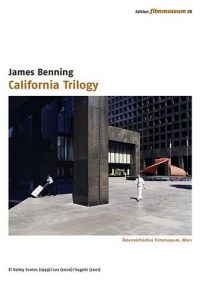
Employing natural sound and contemplative proscenium shots, Benning skillfully composes a series of pure Read More »
(Be)longing AKA Volta à Terra (2014) Laurence Ferreira Barbosa, João Pedro Plácido
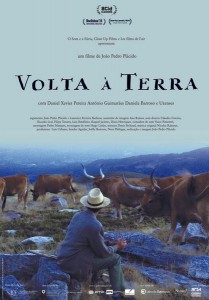
Volta à Terra tells the story of an endangered community: farmers who practice subsistence farming in a mountainous Read More »
Wide Awake (2006) Alan Berliner, William C. Dement
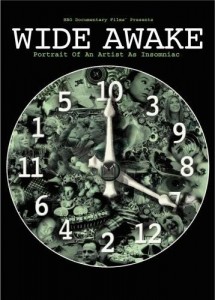
Wide Awake is acclaimed documentary filmmaker Alan Berliner’s uniquely personal tour through a lifelong obsession with insomnia. Read More »
My Stills, 1952-2002 (2003) David Perlov
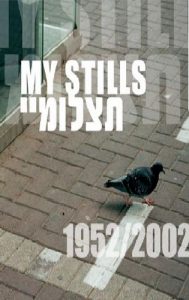
My Stills, 1952-2002, David Perlov’s last film, is based on his still photographs. Read More »
Before Summer Ends AKA Avant la fin de l’été (2017) Maryam Goormaghtigh, Arash, Ashkan, Hossein
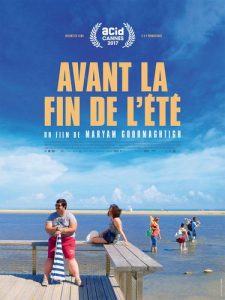
After five years of study in Paris, Arash hasn’t adapted to French life and decides to return home to Iran. Read More »
Thou Shalt Not: Sex, Sin and Censorship in Pre-Code Hollywood (2008) Valerie Spencer, John Landis, Jonathan Kuntz
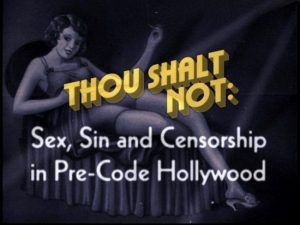
Various film historians, film makers, and cultural commentators discuss the cultural, political, economic Read More »
Handsworth Songs (1987) John Akomfrah, Pervaiz Khan, Meera Syal, Yvonne Weekes
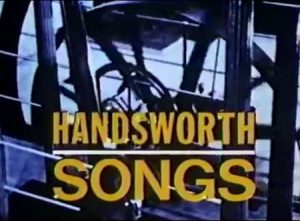
Documentary examining the 1985 riots in London and Birmingham’s Handsworth district that erupted in reaction to the repressive policing of black communities. Read More »
Homemad(e) (2001) Ruth Beckermann, Adolf Doft, Helene Doft, Erika Göschl
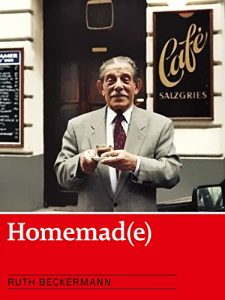
Acclaimed Austrian documentary director Ruth Beckermann portrays a dying culture of Viennese urban history in HOMEMAD(E). Read More »
Alone with War AKA Seule avec la guerre (2001) Danielle Arbid
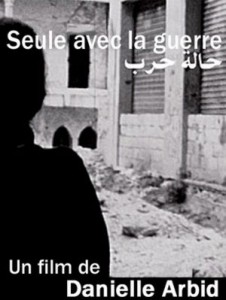
Beirut is a wonderful town. It’s like you’re at the center of everything. Read More »
Voices Through Time AKA Voci nel Tempo (1996) Franco Piavoli, Patrizio Girardi, Emanuela Cobelli, Laura Carnevali
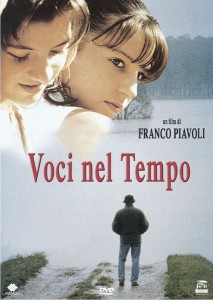
An ode to the cycles of life charts the passages of infancy, youth, maturity Read More »
The Murmuring AKA Najeun moksori (1995) Young-Joo Byun, Sun-deok Kim, Ok-nyeon Park, Yeong-suk Lee
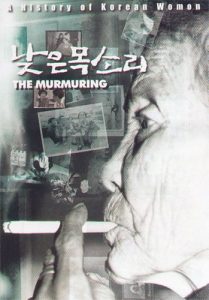
The first installment in Byun Young-joo’s trilogy documenting the past and present lives of Korean women Read More »
TV Party (2005) Danny Vinik, Robert Aaron, Babs, Jean Michel Basquiat
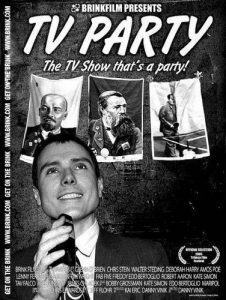
From 1978 to 1982 Glenn O’Brien hosted an insane punk rock New York City cable TV show called TV Party. Read More »
Blue Water, White Death (1971) Peter Gimbel, James Lipscomb, Tom Chapin, Phil Clarkson, Stuart Cody
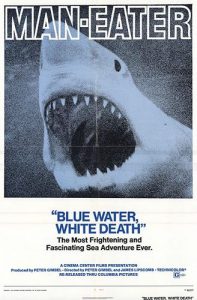
Peter Gimbel and a team of photographers set out on an expedition to find and Film Read More »